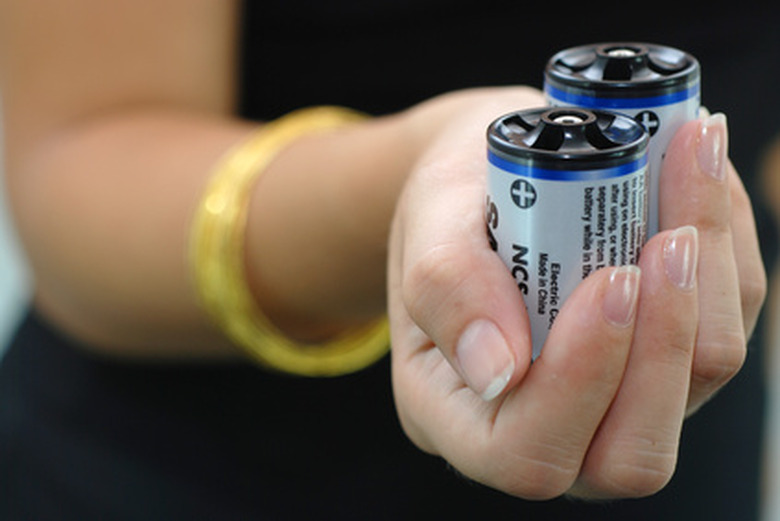When Charging Batteries Should They Make A Boiling Noise?
Rechargeable batteries are used in a myriad of applications. However, sooner or later all rechargeable go "dead." When you place them in a charger, they should charge up smoothly and evenly, with no strange noises. Furthermore, they can become warm, but should never be too hot to touch. If any of these conditions exist, things are definitely wrong. Understanding what can go wrong is the first step in solving the problem.
Charging Time Conciderations
Charging Time Conciderations
The charging time, or time to fully charge a battery, has to be taken into account. Several types of batteries are available, such as Ni-Cad or Li-Ion. Each has their own charging characteristics. Electrical engineer Yu-Chung Lai stated in his Master's Thesis that Li-ion batteries may take hours to charge, but Ni-cad batteries may be fully charged in 20 to 30 minutes. If the charger is an inferior quality unit, with no voltage shutoff regulation, the battery may start to "cook" if left in the charger too long. If you hear a boiling noise, immediately unplug the charger.
Battery Heat Conciderations
Battery Heat Conciderations
During the charging process, the battery may get warm to the touch, which is normal. It should never get too hot that it is impossible to touch. This indicates the charger is putting forth too much current for the battery to handle. This reverts back to inferior chargers not having enough built-in voltage and amperage regulation. The simplest cure for this is to unplug the charger, and let the batteries cool down slowly. For Li-ion batteries, the danger of fire and explosion is very real if these batteries are overcharged.
Charge Ratings
Charge Ratings
Batteries should be "trickle" charged. This means a large current should never be dumped into a battery all at once. The recommended charge rate is 1/10 of the amp-hour rating of the battery. The amp-hour rating of the battery is usually on a tag affixed to the battery. For example, if the tag states the battery is a one amp-hour battery, the current placed on the battery should not exceed 1/10 of an amp, or 100 milliamps. If a large current is fed into a battery all at once, it could start to cook, thus producing a boiling sound. Immediately unplug the charger.
Correct Charger Sizing
Correct Charger Sizing
The only way to achieve the correct charging for a battery is to determine several factors. First, determine if the charger has proper voltage and amperage regulation. Second, determine if the charger is compatible with the battery composition. Third, investigate if the charger has over current or overcharging protection. If indeed it is an inferior charger, discard it and obtain a charger with the specifications recommended by the battery manufacturer.
References
Cite This Article
MLA
Oldhand, Tony. "When Charging Batteries Should They Make A Boiling Noise?" sciencing.com, https://www.sciencing.com/charging-should-make-boiling-noise-7749948/. 24 April 2017.
APA
Oldhand, Tony. (2017, April 24). When Charging Batteries Should They Make A Boiling Noise?. sciencing.com. Retrieved from https://www.sciencing.com/charging-should-make-boiling-noise-7749948/
Chicago
Oldhand, Tony. When Charging Batteries Should They Make A Boiling Noise? last modified March 24, 2022. https://www.sciencing.com/charging-should-make-boiling-noise-7749948/
